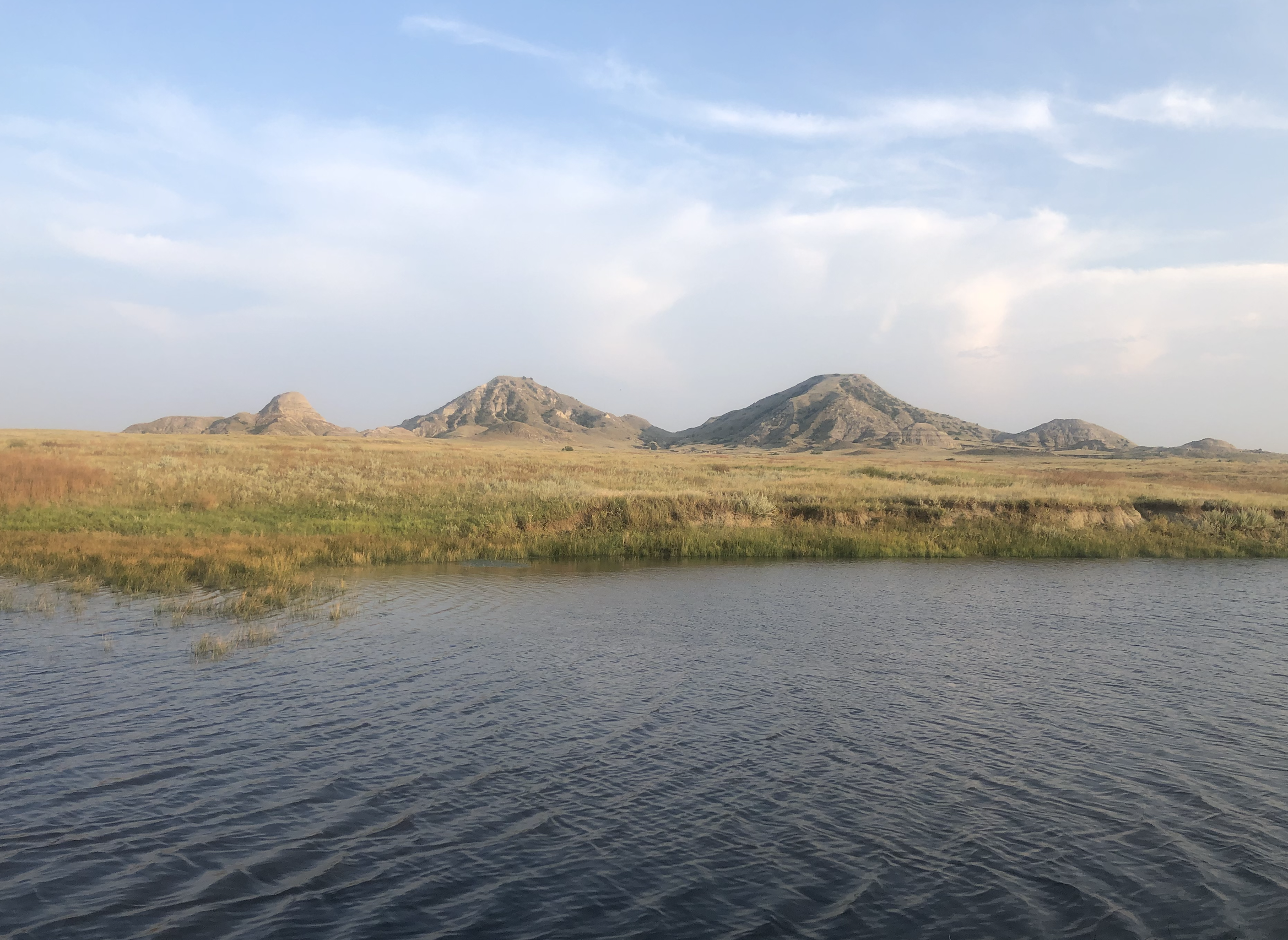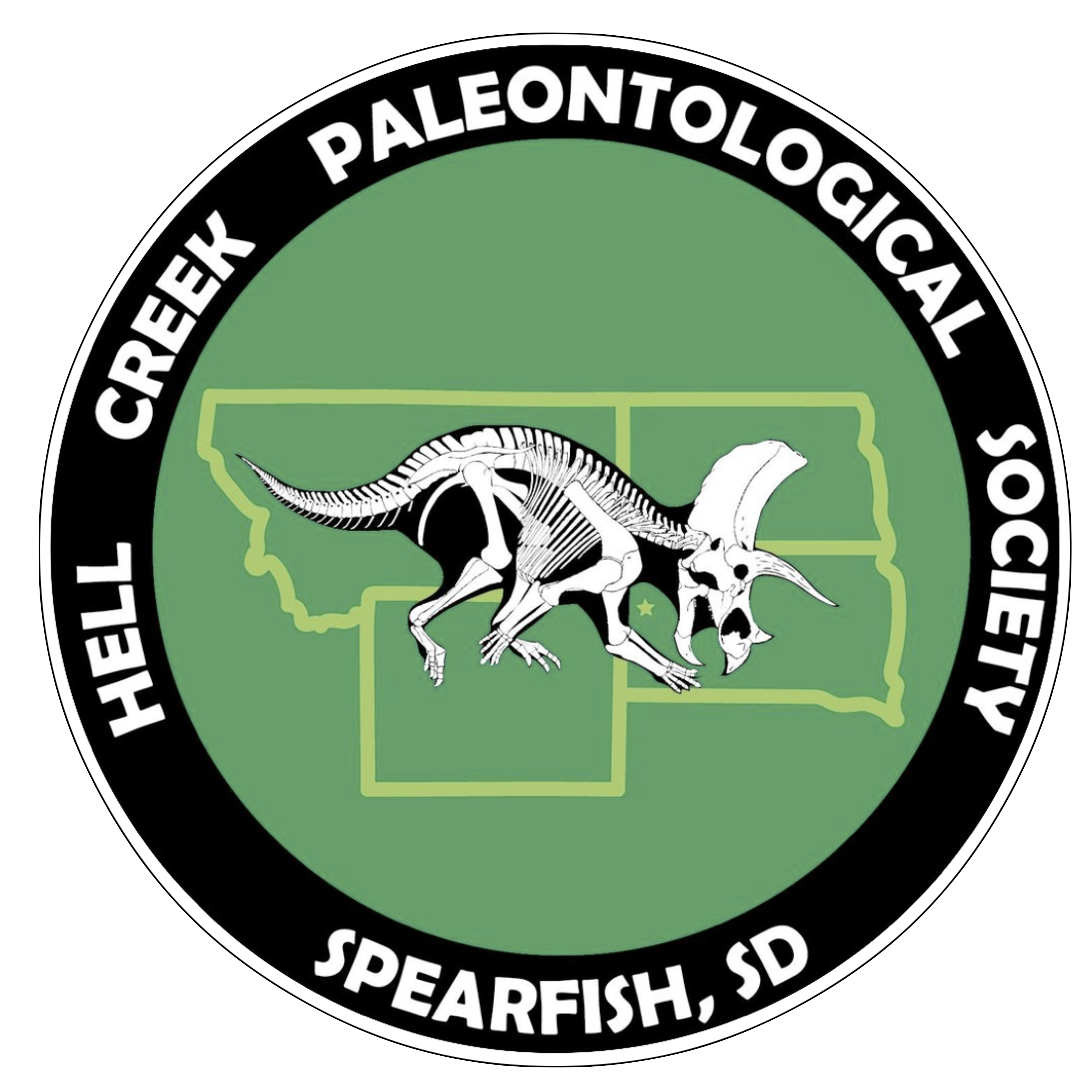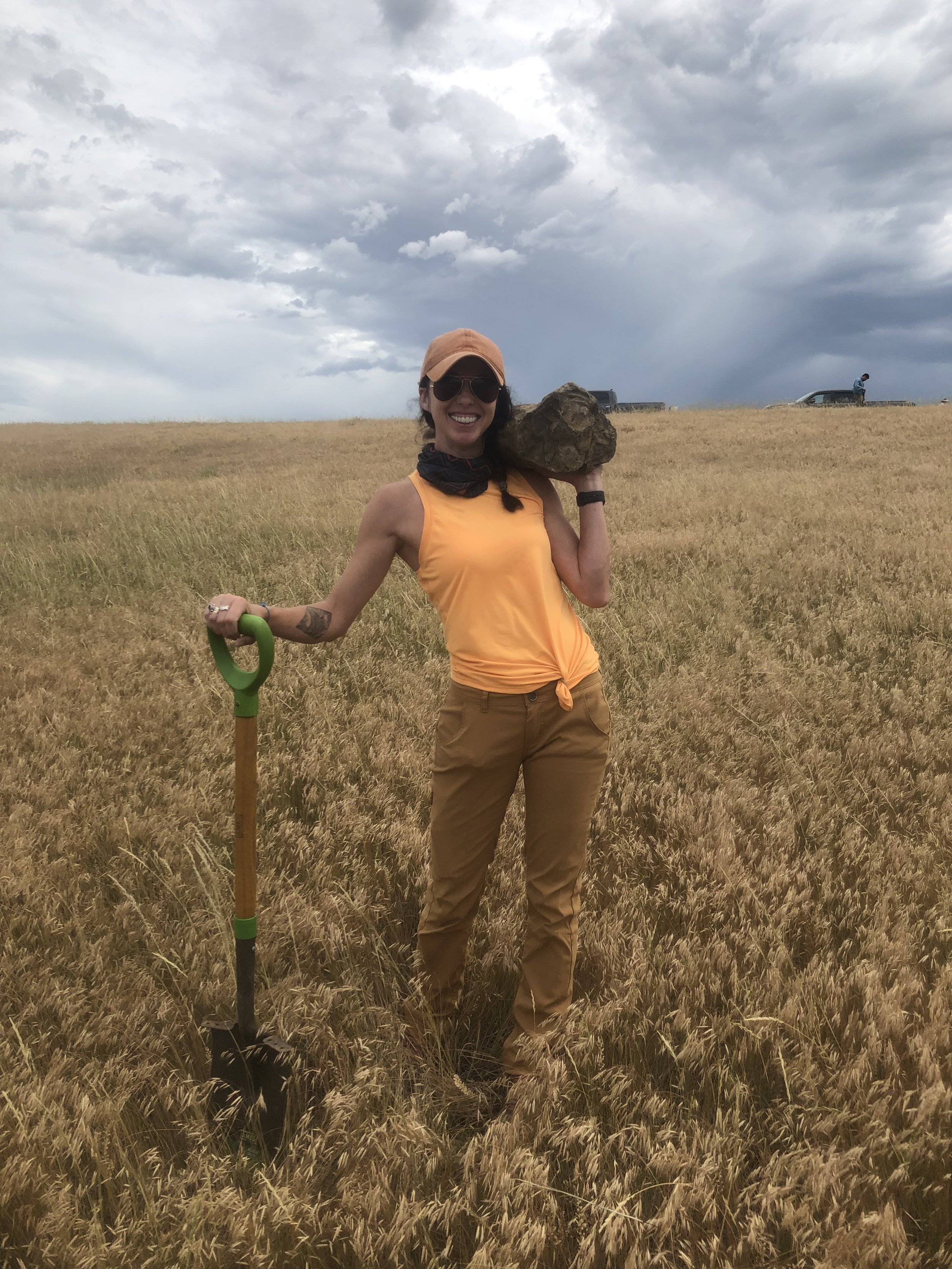
Our Vision
The Hell Creek Paleontological Society is a 501(c)-3 non-profit organization focused on the study of fossils with the goals of inspiring and furthering the educational aspirations of our community through knowledge and scholarship. We are open to everyone, regardless of age, experience or educational background. We argue that the study of fossils, fossil hunting, and fossil collecting are great ways to motivate children of all ages to explore the complex natural world around them. Indeed dinosaurs are often the path to a lifetime pursuit of science, technology, engineering and math (STEM). The HCPS intends to support and encourage all like-minded families, students, educators and researchers to advance our knowledge of Earth history.
Code of Ethics
The study of paleontology is a fascinating, amazing and fun pursuit, but there are some common sense rules that all society members are expected to follow. These ethical standards are here to ensure that all members behave in a safe, professional manner, respectful of our state, national and international laws, our communities, our neighbors and our other society members. We hope to be a beacon for all other fossil organizations to follow. This means that failure to follow these reasonable ethics may trigger an immediate expulsion from our organization. These codes are adapted and modified from those of the Association of Applied Paleontological Sciences (AAPS) which are derived from the National Academy of Sciences Report (1987) on Paleontological Collecting.
1. KNOW THE LAWS- Stay informed of and comply with international, national, state/provincial and local regulations pertaining to any fossil collecting activities. Ignorance of the law is no excuse.
2. OBTAIN WRITTEN PERMISSION- Obtain permission from landowners or governmental authorities to gain access to collecting sites. This permission should be in writing prior to entrance for the protection of both the land owner and the fossil hunter. Trespassing on private land or removing vertebrate fossils from public land without a proper permit is cause for an immediate expulsion from the society.
3. CLUB SITES ARE OFF LIMITS FOR PRIVATE VISITATION- On occasion, the society will have special access to fossil collecting sites. Access to those field trip sites are for field trip dates only. At no point, should members visit these sites on their own. Any sites that members are allowed access to during official society trips may not be accessed without written permission from the board and the land owner.
4. DO NO HARM- Make every effort to ensure that all lands, flora and fauna are left without damage to property or ecology as a result of any collecting activities. Should ground disturbance be required to collect fossils, do your best to reclaim the area to its previous condition.
5. BE VIGILANT- When possible, report to proper authorities any direct observation of illegal or illicit activity. Do you best to ensure that any fossil materials you purchase or acquire were obtained in a legal and ethical manner.
6. SHARE YOUR KNOWLEDGE- Strive to report any significant fossil discoveries with other members of the paleontological community. Work with academic scientists, public institutions and other places of learning whenever possible. Publish and report your observations if possible. Work to place specimens of unique scientific interest into responsible hands for study, research, and preservation.
7. ACCURATELY RECORD DATA- Make every effort to collect contextual data at fossil localities. Collect geologic, stratigraphic, taphonomic, and locality information as these are important to scientific study. Collect microfossils, paleobotanical samples and associated rock samples whenever possible. Make no misrepresentation as to identity, locality, formation, repairs or restoration of paleontological specimens.
8. TREAT EVERYONE IN OUR PALEO COMMUNITY WITH RESPECT- Make every effort to deal with members of the paleontologic community, both in person and on social media with kindness, respect and understanding.
9. ENCOURAGE GOOD RELATIONSHIPS- Try to work in cooperation with other fossil societies, government agencies, institutions and organizations involved in paleontologic pursuits. Attempt to open lines of communication and work with other groups to foster positive outcomes for research and education.
10. DON’T COMPLETELY MINE OUT FOSSIL AREAS. When collecting be selective in what you choose to take home. Leave some fossils behind to inspire future visitors.


